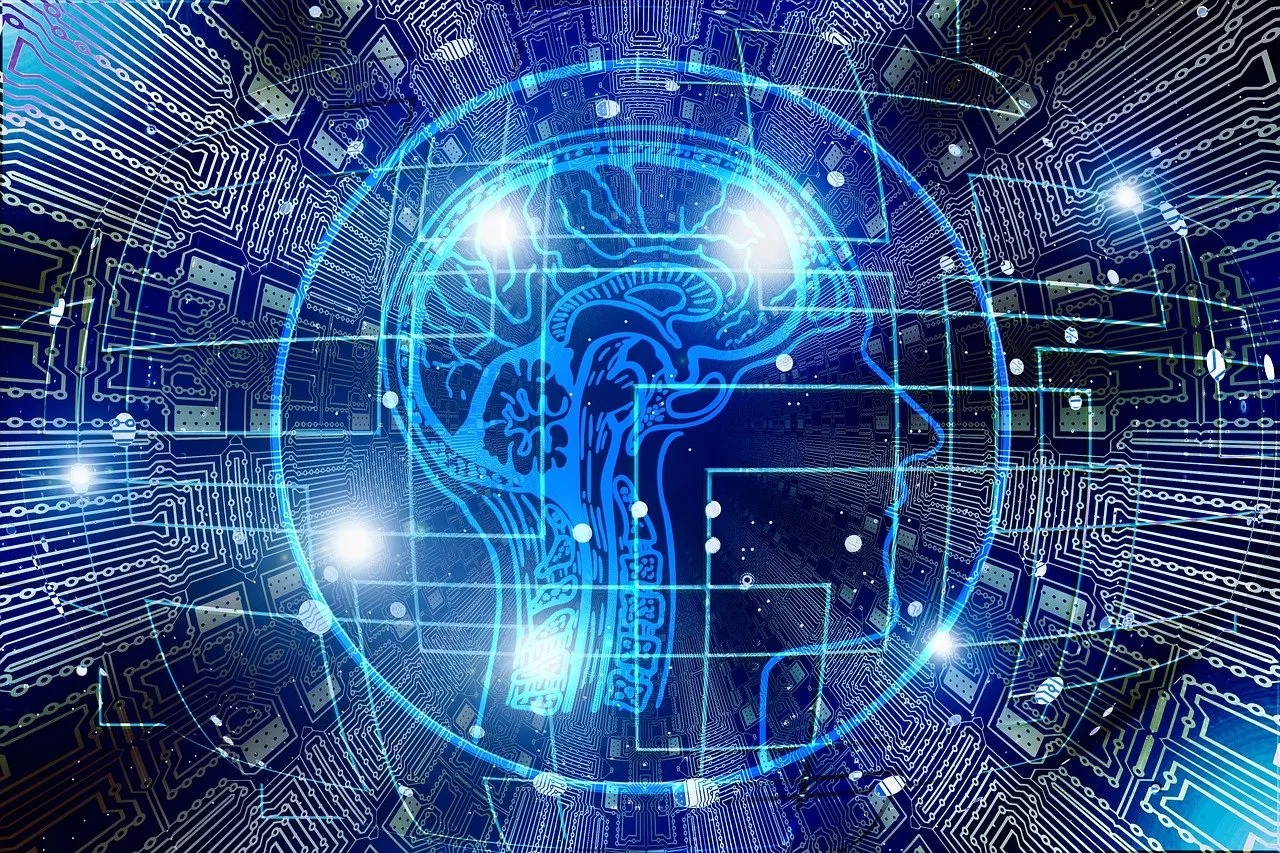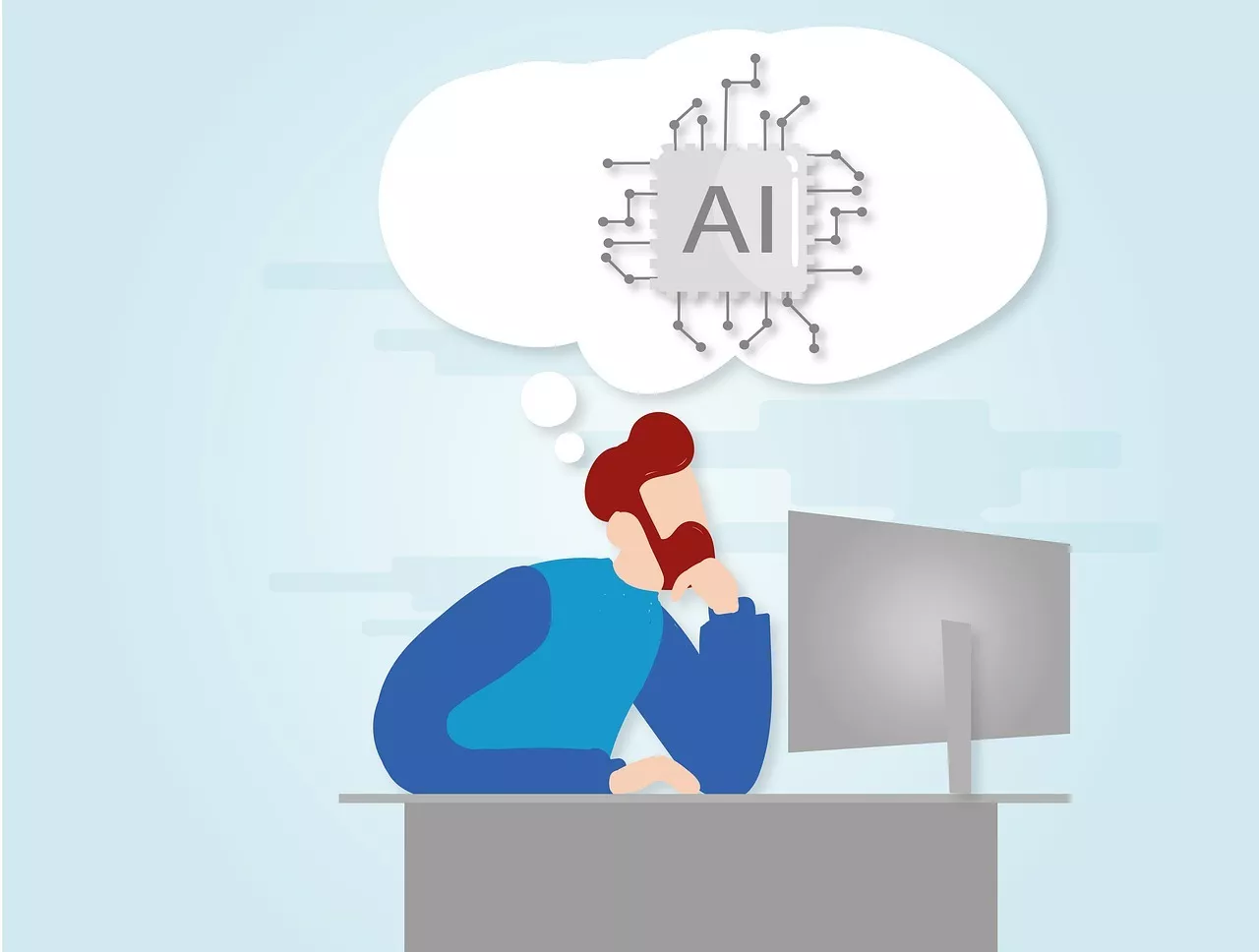How AI could increase the productivity of the economy
Artificial intelligence (AI) stands at the forefront of a technological revolution, with the potential to redefine what is possible within the modern economy. As we delve deeper into the 21st century, the impact of AI on economic productivity is becoming increasingly apparent, offering a blend of opportunities and challenges that could reshape the global economic landscape. This article explores the myriad ways through which AI can enhance economic productivity, touching on automation, innovation, labor, and the creation of new markets.
**The Automation Advantage**
One of the most immediate ways that AI boosts economic productivity is through automation. Automation, powered by AI, can perform repetitive and mundane tasks more quickly and accurately than human workers. In sectors ranging from manufacturing to services, AI-driven robots and software are taking over tasks such as assembly line production, data entry, and customer service inquiries. This shift not only speeds up production rates but also reduces error rates, leading to a higher quality of output.
Moreover, automation enables businesses to operate 24/7 without the need for breaks or sleep, thus significantly increasing the potential output. The reduced requirement for human labor in certain tasks also allows companies to reallocate their workforce to more complex and creative tasks, thereby enhancing the overall productivity of the economy.
**Fostering Innovation**
AI is not just about automating existing processes; it's also a powerful tool for fostering innovation. Through data analysis and machine learning, AI can identify patterns and insights that are imperceptible to the human eye. This capability enables businesses to make more informed decisions about product development, marketing strategies, and customer service improvements.
Furthermore, AI can expedite the research and development process. In fields such as pharmaceuticals and materials science, AI algorithms can predict the properties of new compounds or materials faster and more accurately than traditional experimentation, significantly reducing the time and cost associated with bringing new products to market.
**Transforming the Labor Market**
The impact of AI on the labor market is a double-edged sword. On one hand, the automation of routine jobs raises concerns about job displacement and the need for workers to reskill or upskill. On the other hand, AI also creates new job opportunities in areas such as AI maintenance, data analysis, and the development of AI technologies.
To harness the productivity benefits of AI while mitigating its potential downsides, it is crucial for both governments and businesses to invest in education and training programs. These programs should aim to equip the workforce with the skills needed to thrive in an AI-driven economy, such as problem-solving, creativity, and technological literacy.
**Creating New Markets**
AI does not merely transform existing markets; it also creates entirely new ones. For instance, the rise of AI has spurred the development of the autonomous vehicle industry, which promises to revolutionize transportation. Similarly, AI applications in healthcare, such as diagnostic tools and personalized treatment plans, are opening up new avenues for medical care.
These new markets not only contribute to economic growth but also have the potential to address societal challenges, such as improving healthcare outcomes and making transportation more efficient and safer.
**Challenges and Considerations**
While the productivity benefits of AI are significant, they are not without challenges. Issues such as data privacy, ethical considerations, and the potential for increased inequality must be addressed. Furthermore, the success of AI in enhancing economic productivity depends on the availability of high-quality data and the development of robust AI algorithms.
Governments and organizations must also consider the environmental impact of AI technologies. The energy consumption of data centers, which power much of today's AI, is a growing concern. Investing in green technologies and optimizing the energy efficiency of AI systems is essential for sustainable economic growth.
**Conclusion**
The potential of AI to increase the productivity of the economy is immense, offering opportunities for automation, innovation, labor transformation, and the creation of new markets. However, realizing this potential requires thoughtful consideration of the challenges ahead. By fostering a collaborative approach that includes investment in education, ethical AI development, and environmental sustainability, we can harness the power of AI to fuel a more productive and prosperous economy. As we stand on the brink of this AI-driven economic revolution, the decisions we make today will shape the landscape of tomorrow's economy.











